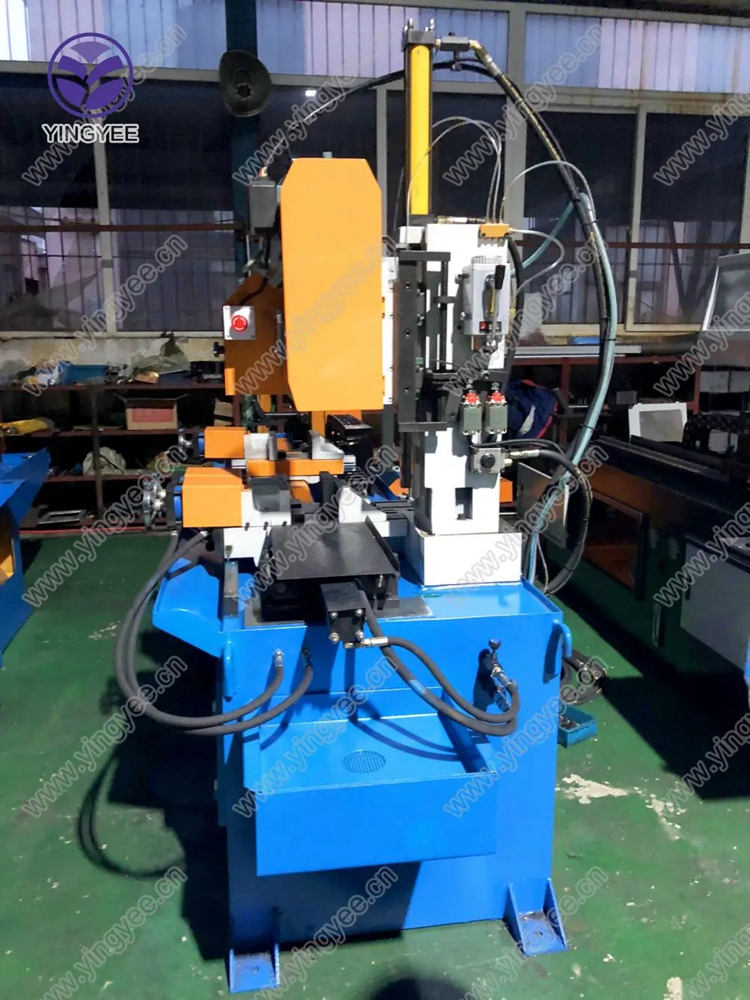
Understanding Carbon Steel ERW Tube Mills
Electric Resistance Welded (ERW) tube mills are essential in the production of carbon steel pipes and tubes, which play a pivotal role in various industries including construction, automotive, oil and gas, and infrastructure development. The demand for high-quality, reliable steel products drives innovation and efficiency in manufacturing processes, and ERW technology stands at the forefront of this evolution.
Carbon steel, known for its strength and durability, is a primary material processed in ERW tube mills. Its composition typically ranges from 0.05% to 2.0% carbon along with other alloying elements. The carbon content directly influences the mechanical properties of the steel, making it suitable for various applications. For instance, low carbon steel offers excellent weldability and formability, while high carbon steel provides improved tensile strength.
Understanding Carbon Steel ERW Tube Mills
One of the key advantages of ERW tube milling technology is its efficiency. The continuous production line not only facilitates high output but also minimizes waste, which is crucial in today's resource-constrained environment. Additionally, ERW tube mills can accommodate a variety of diameters and wall thicknesses, making them versatile for different end-use applications.

Quality control is integral throughout the manufacturing process. Advanced non-destructive testing methods, such as ultrasonic testing and eddy current testing, are employed to inspect the welded seams and ensure they meet industry standards. This focus on quality helps prevent failures in the field, which can lead to costly damages and safety hazards.
Furthermore, the environmental impact of carbon steel ERW tube mills is a growing concern. Manufacturers are increasingly adopting eco-friendly practices, such as recycling scrap metal and reducing energy consumption. These efforts not only align with global sustainability goals but also enhance the competitiveness of companies in the marketplace.
As industries evolve and demand for carbon steel products increases, ERW tube mills are expected to continue developing innovative technologies. This includes automation in production processes, improved welding techniques, and the integration of Industry 4.0 technologies for smarter manufacturing. Such advancements will not only enhance productivity but also ensure that manufacturers can meet the stringent requirements of their clients.
In conclusion, carbon steel ERW tube mills are a vital part of modern manufacturing, providing essential products for numerous sectors. The combination of efficiency, versatility, and continuous innovation positions these mills as a cornerstone of the steel industry, capable of meeting future challenges and contributing to sustainable development. As we look ahead, the evolution of this technology will play a crucial role in shaping the infrastructure and economy of tomorrow.